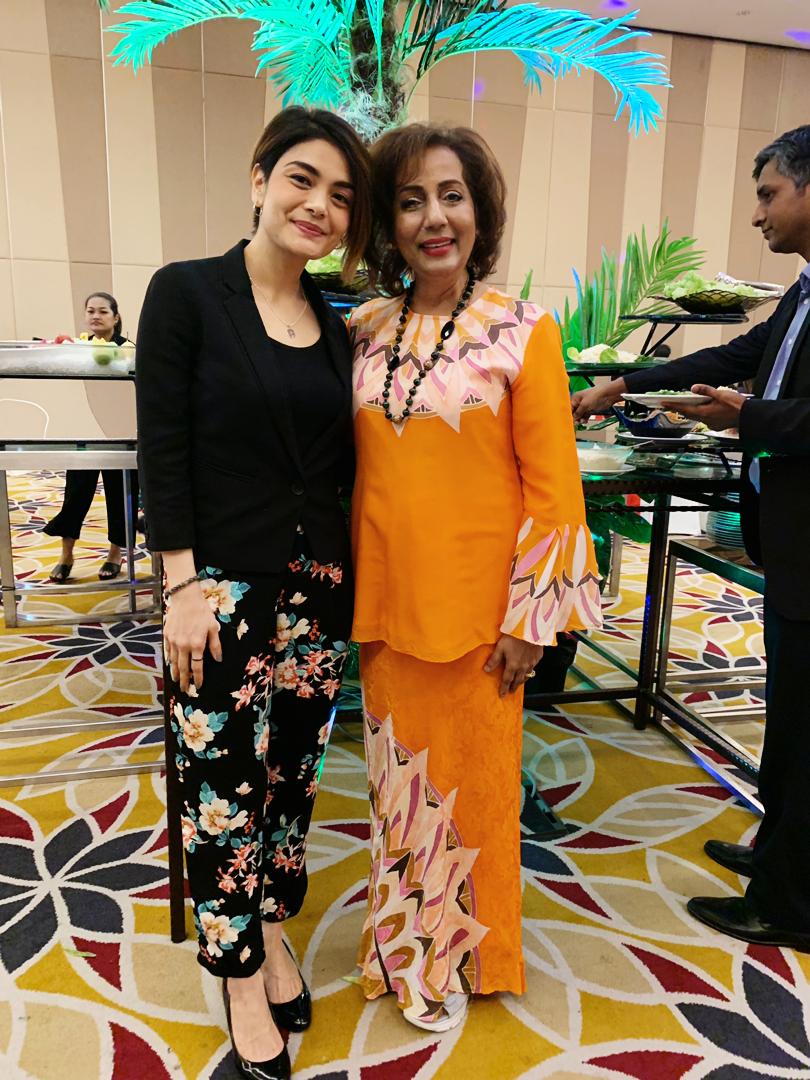SISWP President Anusha Santhirasthipam recently attended and presented at World Bank event, officiated by Dato Seri Dr Wan Azizah Dr Wan Ismail, the Hon. Deputy Prime Minister of Malaysia. Anusha was invited to provide inputs on what more we need to do to close the gender gaps, tackle all forms of discrimination and workplace disparities to attract, support and retain women in employment, entrepreneurship and in key decision-making positions in all sectors. As Soroptimists we must play our role to monitor and feedback the Gender Equality Action Plans in every member country.

September 27, 2019
This World Bank event was officiated by Dato Seri Dr Wan Azizah Dr Wan Ismail, the Hon. Deputy Prime Minister of Malaysia. I was invited to provide inputs on what more we need to do to close the gender gaps, tackle all forms of discrimination and workplace disparities to attract, support and retain women in employment, entrepreneurship and in key decision-making positions in all sectors. As Soroptimists we must play our role to monitor and feedback the Gender Equality Action Plans in every member country.
Expert Panelists also reviewed how we can tackle cultural norms and improve collaboration between fathers and mothers, shared parenting, flexible work and working from home options. It is imperative that partners share women's burdens.
The role of the labour market, human capital policies, programmes and practices were reviewed for gender equality. Women in leadership and decision making is crucial to ensure implementation. It is clear that governments need to expand the availability, quality, and affordability of child care and elderly care to enable women to remain in the workforce, rise up the ladder of management and be economically sustainable.
In many Asian countries, more public resources are needed for the B40 families, including urban poor. Increase childcare to include all from age 0 till 17. Increase options and types of child and elderly care provision and financing. Develop regulatory framework and financing models for elderly care.
The biggest challenge for societies in all our countries is how to change social norms to enable women to thrive and remain in employment or enterprise. It is a fine balance between government action, enabling policies and private sector cooperation and support. Advocacy, community education, and engagement programmes will expedite the paradigm shift.
We also discussed recognising the informal sector and ensuring women are fairly rewarded for their contribution. Community based childcare services were discussed as a viable social enterprise led by women. Japan doubled the use of childcare services in 10 years by creating an enabling environment.
Soroptimists are encouraged to prioritise the needs of rural and indigenous people, especially the malnutrition, quality of parenting education, child/ teen marriages and the lack of childcare that UNICEF has cautioned is a ticking time bomb in many of our local communities.
Anusha Santhirasthipam
Federation President
Soroptimist International of the South West Pacific